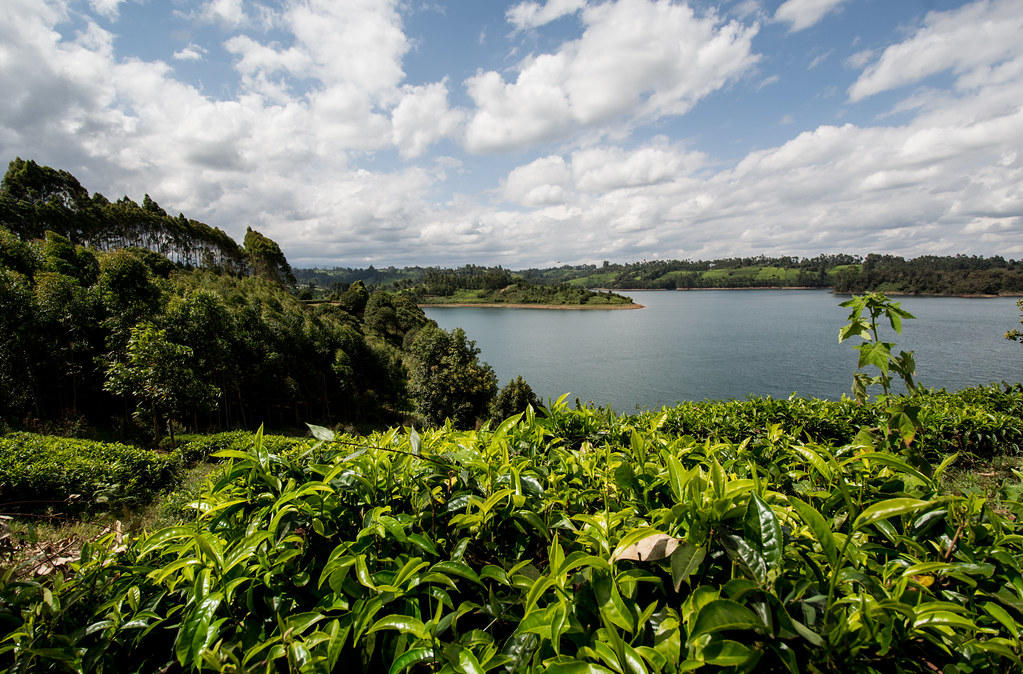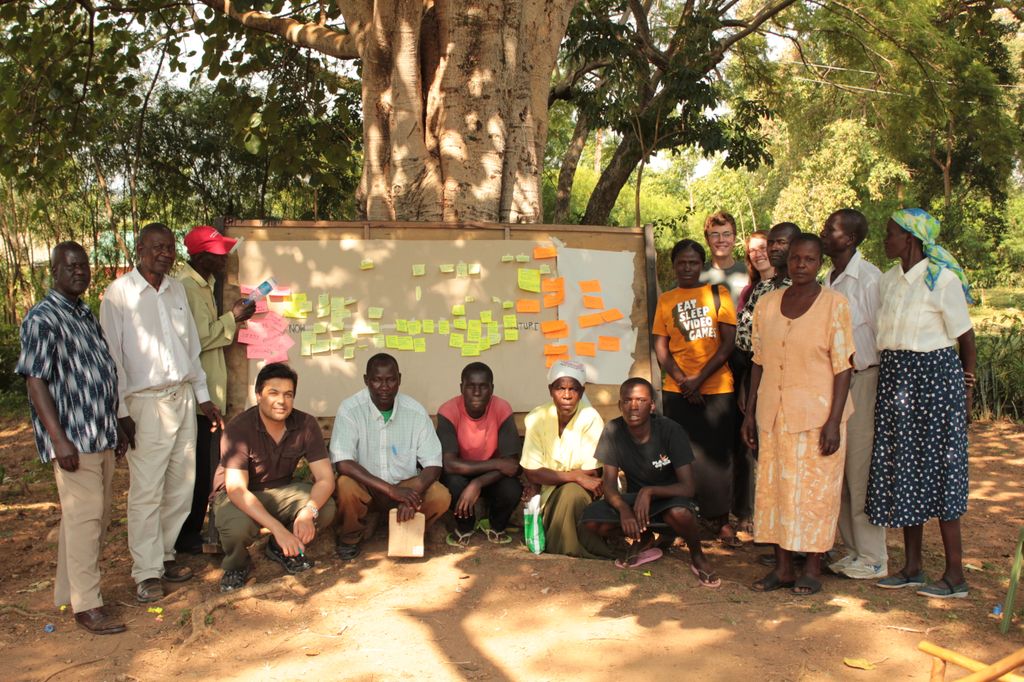Updated 05/11/2023 – We updated the energy section to cover the very recent challenges with local power outages.
This is the first sustainability update we have completed. I am hoping we will be able to do one each quarter. In reality, it might end up being a longer interval.
We are trying to be as sustainable as possible at Skippers. This is a hard task and on reflection over the last 6 months, there are a few choices that we could have probably made better.
So how about a health check – How are we doing today? Are we managing to follow our values?
Table of Contents
Environment

Energy
We have 175 235W solar panels with which we try to power Skippers. I say try because it doesn’t always work out.
Since first setting up 4 months ago with one room, we now have five rooms, an office and a restaurant.
Our demand has completely outstripped our set-up. We have been held up by supply-chain issues getting lithium batteries which has led to some power challenges.
Successes
Our biggest energy success has been the insulation and cooling set-up for our rooms.
We have achieved extremely low energy consumption for cooling by:
- {Correct equipment} Using high-end variable speed air-conditioners which ramp up or down their consumption based on the ambient room temperature rather than just switching on and off;
- {Double glazing} All our rooms are double-glazed. This was significantly more expensive than single glazing but has yielded great results;
- {Insulation} All our rooms have three layers of insulation, two on the inside and one on the outside;
- {Positioning} We have orientated rooms to have a minimal footprint with the path of the sun;
The numbers we care about here are the overnight power consumption numbers as day time power comes from the sun. However, night time power comes from lithium batteris.
Overall we are seeing energy consumption per room of around 1kWh per night.
When benchmarked against other local accommodations we have stayed at we measured approximately 3.5kWh per night. So we are around 3.5x more efficient to similar accommodation.
Challenges
- {Batteries} Sourcing of lithium batteries for power at night has taken a lot longer than expected 2-3 months;
- {Grid power} We’ve been working to get a grid connection, however, it has taken longer than we had planned;
- {Power cuts} We have had a couple of power cuts over the last 2 weeks, these have been from overloading of our power set-up which is linked to the batteries issue;
- {Sunshine} First rainy week and after two days the hot water that is heated directly by the sun isn’t hot, might not be for another day or two – Need to make guests aware of this risk in low season;
Mitigations
- {UPS} We have a UPS that was on our main WiFi that is now on our office/coworking connection;
- {External power} We have arranged a temporary power external power connection. It’s usually reliable. But not always;
- {Limited water after 11 p.m.} Our main power consumption is our water pump. Currently, we have full water from 6am-11pm and partial water 11pm-2am;
- {Generator} After some teething issues we have now managed to commission our 15KVA (12kW) generator so that if the sun doesn’t shine or there’s a power outage (or both) we still have power;
Plans
- {Battery upgrade} In December we are upgrading our battery set-up from 5kWh to 30kWh, this should ensure a more reliable 24/7 supply;
- {WiFi UPS upgrade} We are upgrading our internet router UPS to a lithium battery which will should provide 6-8 hours of internet backup power;
Outcomes
We have done fairly well with power generation.
- Increased from 11 solar panels ±2,585W to about 56 panels ±13,160W;
- Solar power generated to date: 947kWH;
- Grid power used to date: 436 kWH;
Note: We are not 100% sure on these numbers, they are reported from one of our 5kW inverters. We’ll update next report.
Pollution & waste
The amount of wastage during the construction period has been almost unbelievable compared to a Western building site.
The only remaining waste has been empty paint pots and 2-3 normal garbage bags of site waste.
This has really been an impressive outcome considering the scale of the project.
Reclaimed wood
We do have a fairly significant amount of reclaimed wood that is to be used in future projects but so far we’re doing very well here.
Areas to improve
- {Pallets} One area where we probably made a bad decision was around pallets. We use them quite extensively and the last shipment we took were not used they were new. On reflection this was a mistake and we should have chosen reclaimed pallets.
- {Concrete reduction} Finally, we have clad our containers with a straw and concrete mix to improve heat insulation. This has proven extremely effective. However, we are going to look at alternatives to the concrete for the 7th and 8th rooms.
Carbon emissions
We have not actively tracked fuel consumption of carbon emissions this quarter but we will try to start to for Q4 onwards.
Water stress
Our water is sourced from a ground source well. While it is a little salty as we are next to the coast there are no water issues at our Diani community.
Social pillar

Wages
Fair pay is incorporated into our values. Balancing investment with costs is always challenging. Especially as Skippers is self-funded we have no external investment.
Our aim is to ensure that all of our team are paid a living wage. This isn’t the norm in our industry.
Local minimum wage
The local minimum wage is between 8,109 Ksh and 30,000 Ksh per month or around $1.11 per hour for night security and $4.00 per hour for HGV drivers and high-end artisans.
We are aware of local operators paying at these rates and we do not think it aligns with our values.
Living wage
As such we have baselined pay rates against the Global Living Wage coalition’s and adjust for inflation as needed. Our wages were originally based on their Kericho report and from November we are benchmarking against their recent Lake Naivasha report.
The reason for this is that Lake Naivasha is more representative of the living costs in Diani. However, in reality, local costs, in particular rents, have been increasing as a result of increased development and popularity in the area.
To help balance this, we are adding a x1.15 multiplier to compensate for the increased cost of living in Diani which is quickly moving from a town to a city with spiraling costs of living.
In October
- We have increased our security wages to 20,000 Ksh per month, increased significantly by hiring directly from a previous contractor;
- Our FT team are paid at minimum of gross 32,900 Ksh per month;
In November
- We are increasing our FT minimum gross pay rates to 40,845 Ksh per month for all team members in Kenya;
Access to finance
- {Team} We provide the team with interest loan facilities in order to meet unexpected costs such as rental deposits/medical etc;
- {Organsiation} Other than our inter-company loans we have no external debt commitments;
Social opportunity
Measuring social opportunity is challenging. When a new role is defined it is advertised on as many local forums as possible.
This helps to ensure that anyone who might be interested or qualified can apply.
The challenge with this is that most of our roles require strong IT skills. From our experience in our area in Kenya, these are limited. This ties in with our values and social programmes to try to help upskill local talent.
Health and Safety
During the main phases of construction, we have not had any significant workplace injuries. The has been through implementation of safety training, toolbox talks and a hot permit to work system.
The latter of these has been instrumental in minimising risk on-site.
Local community
We are not doing as well as we wanted on our local community (volunteer) work. This has been hampered by some challenges with construction as well as team bandwidth.
- {Careers talks} Our main blocker is bandwidth, our team have been flat out getting Skippers open, dealing with teathing issues and construction. Our plan is to try to get these kicked off for the new school term 2024;
- {Hyper local} During construction and as a result of some significant delays, we removed access to a local toilet. This was an error and we should have added a new one before removing access. We have now planned the construction of a new toilet;
We are hoping to have this kicked off for 2024 but are restructuring our approach.
Governance

Corporate governance
We have been working to improve our internal processes. This is a long journey and we are at the beginning of it.
This has included:
- A new team code of conduct;
- Weekly manager checklist to monitor KPIs;
- Ongoing work to develop organisational SOPs;
Product Quality
Overall things have been reasonably good. For some of the areas below we need to work on better metrics.
Overall things have been going well. The rooms are comfortable, mattresses are new, and a/c units are working very well.
Power
Our power uptime has been consistent with occasional downtime. We don’t have a way to measure this however, interruptions have been 5-15 minutes and approximately once or twice a week.
As noted above we should get to minimal disruption by December.
WiFi
We have had some connectivity issues in October month. We believe this as a result of the high number of devices on our network and the less than ideal networking/switching gear we have.
- We have installed a dedicated fiber connection in the coworking as a short-term solution to the congestion;
- We have invested an additional $1,000 in managed switching equipment which will be installed in December;
Water
Currently, we run water from 6am until 11pm. Between 11pm and 2am we run a lower capacity set-up, our aim is to increase this;
Team diversity
Our FT team is currently 3 women, 3 men with some temps.
- Directors: 1 male, 1 female
- Managers: 1 female
- Team: 1 female, 3 male

